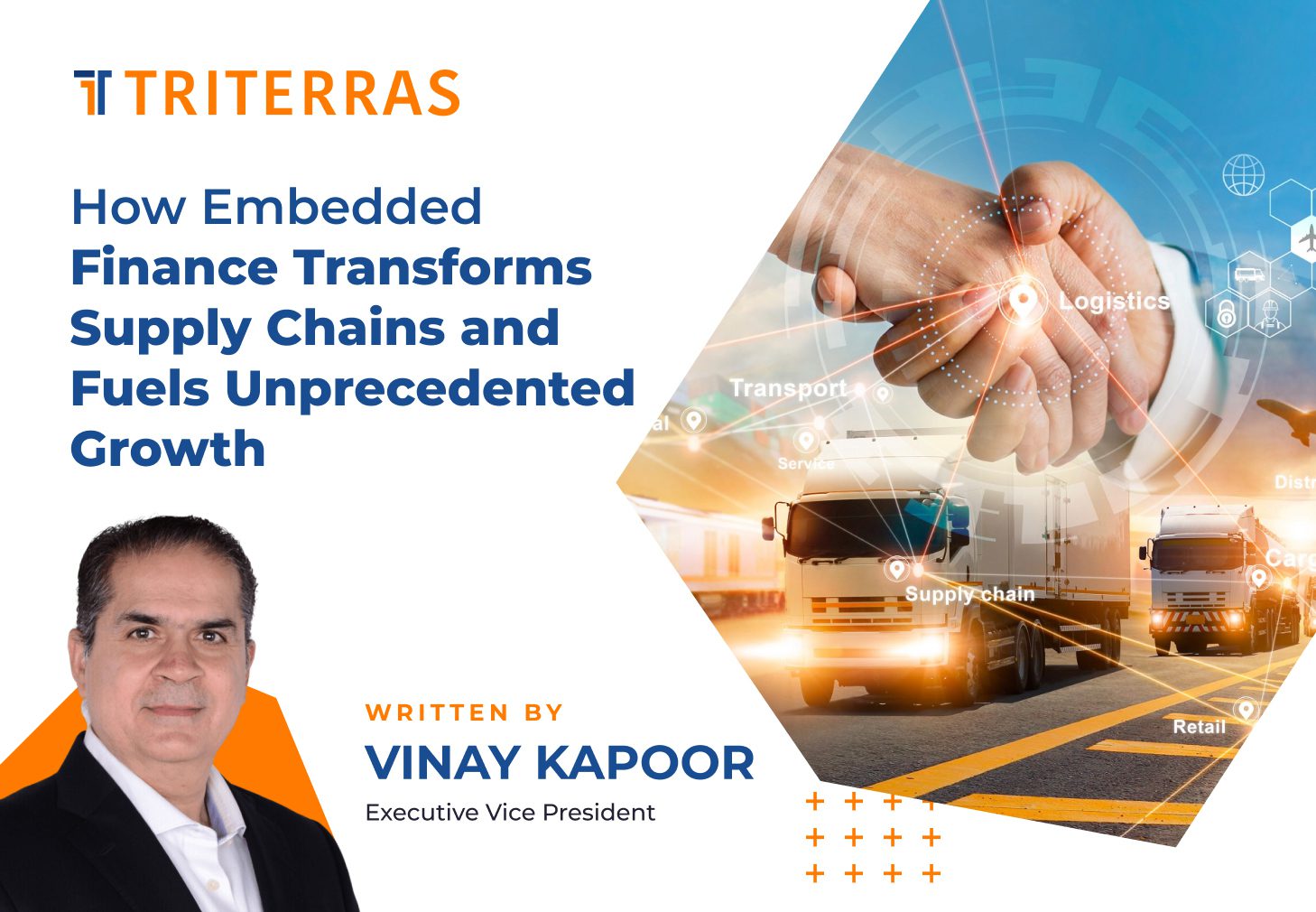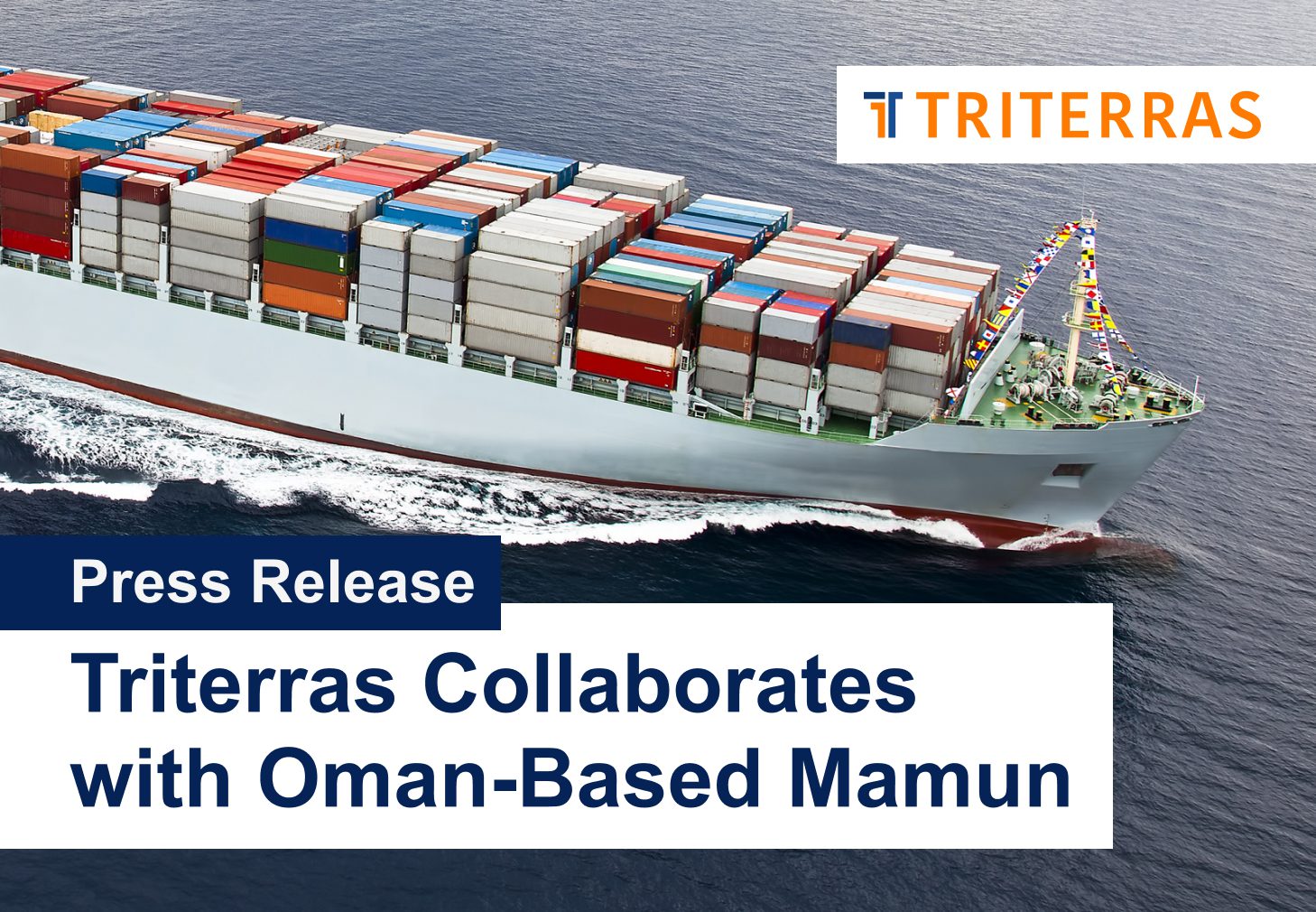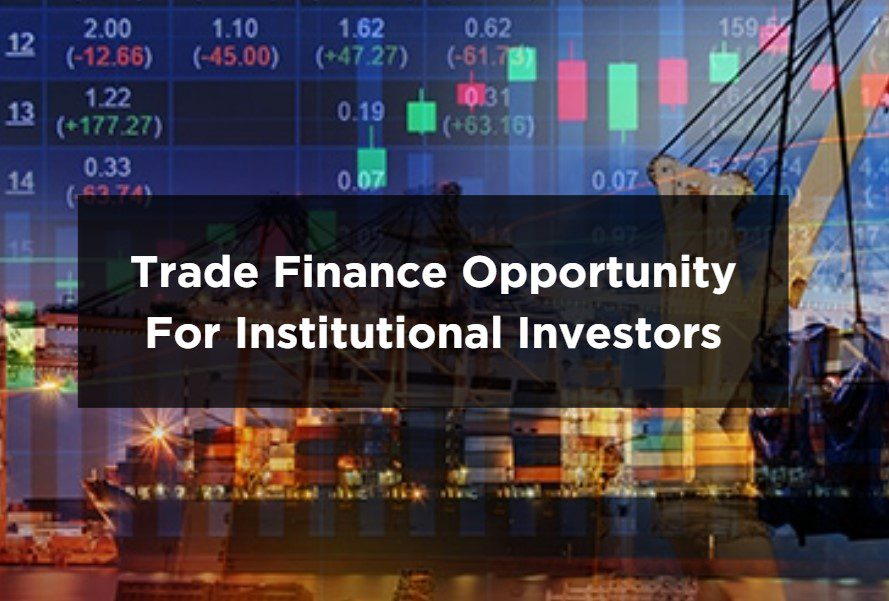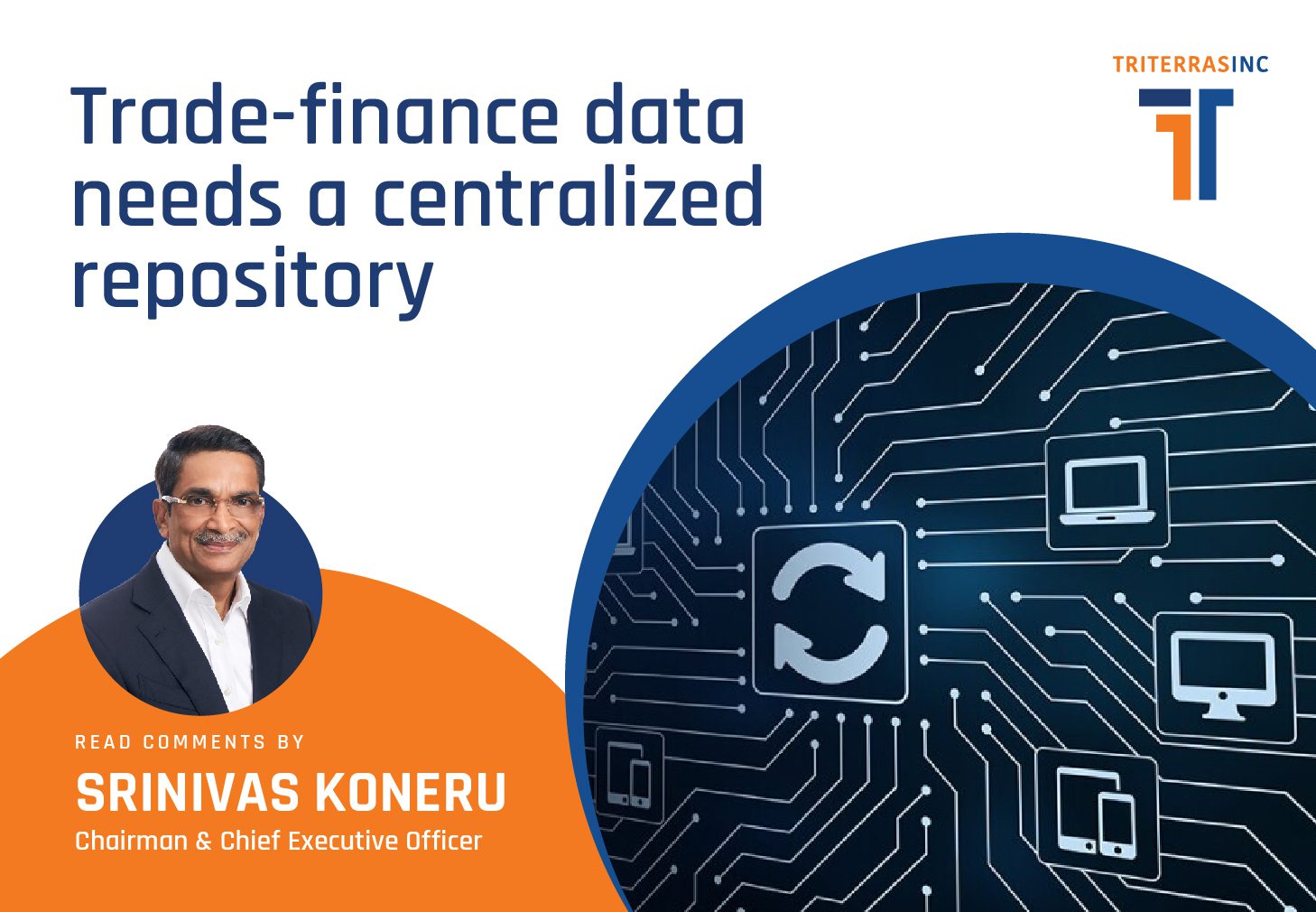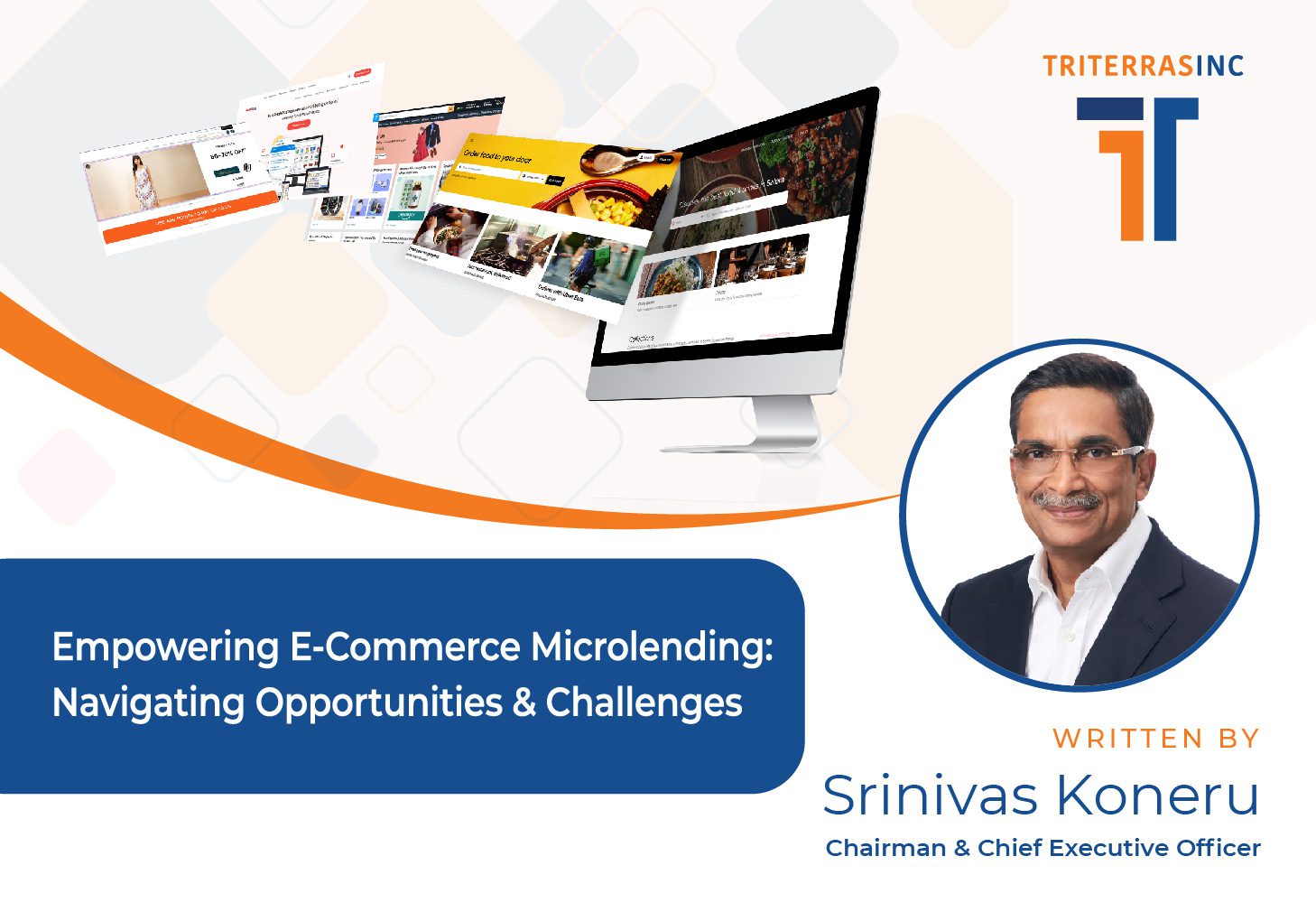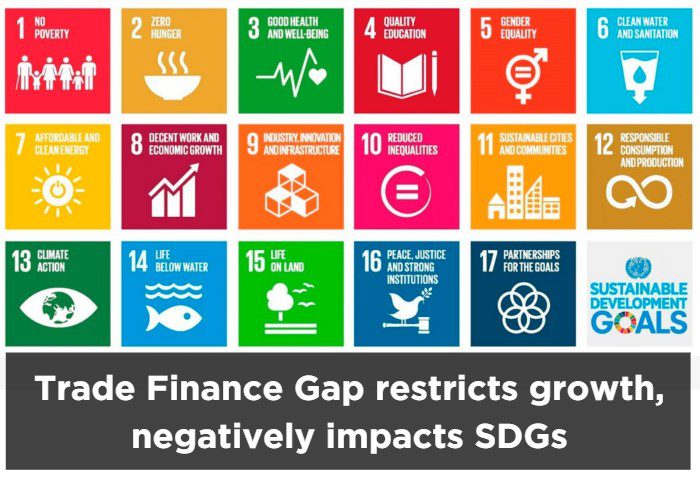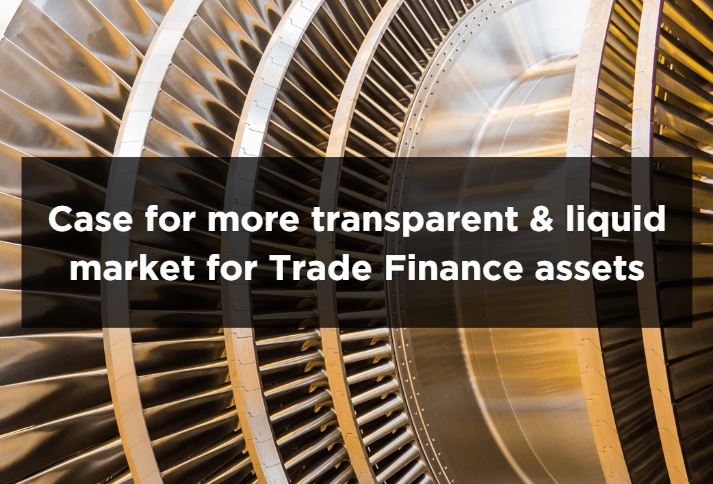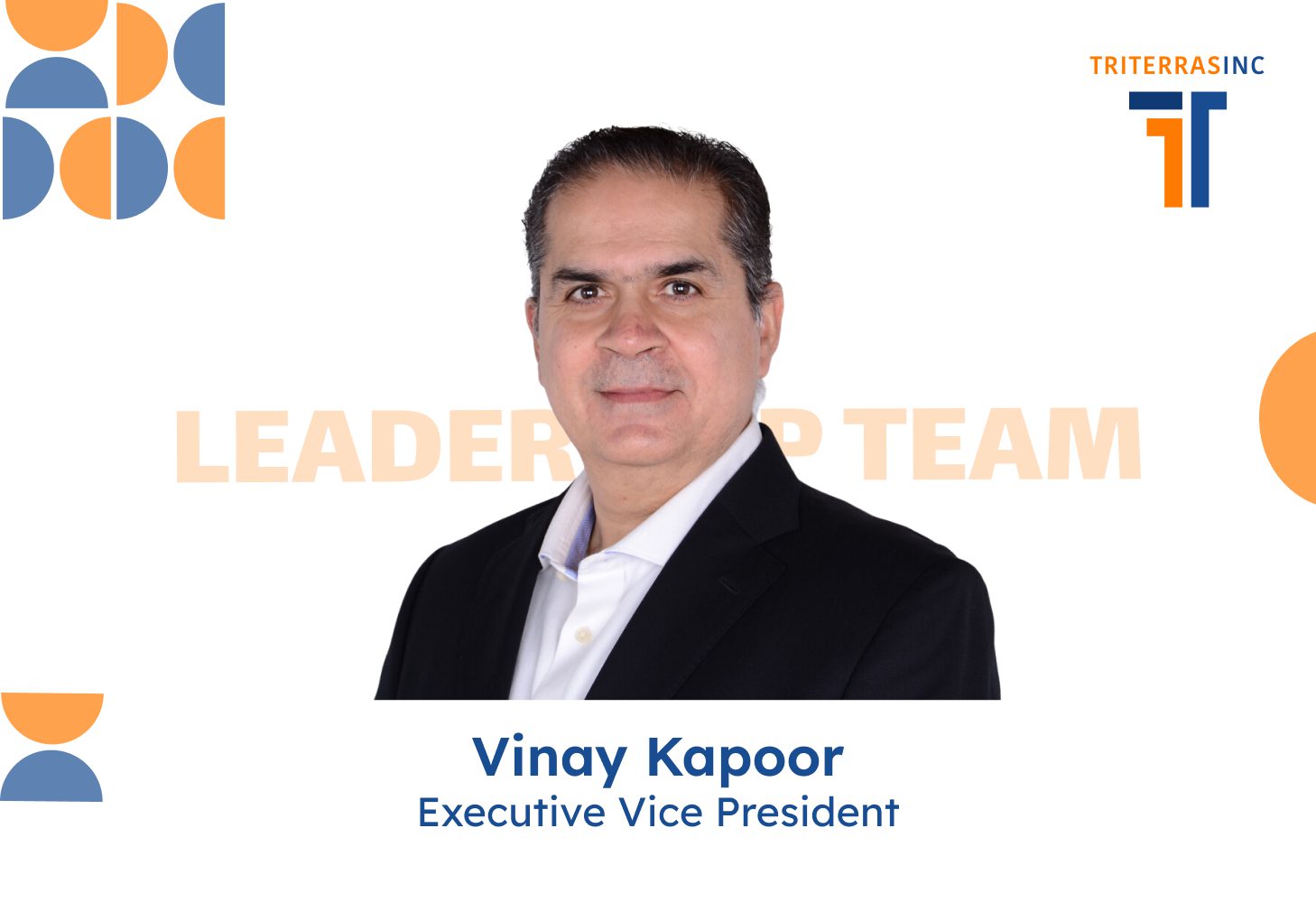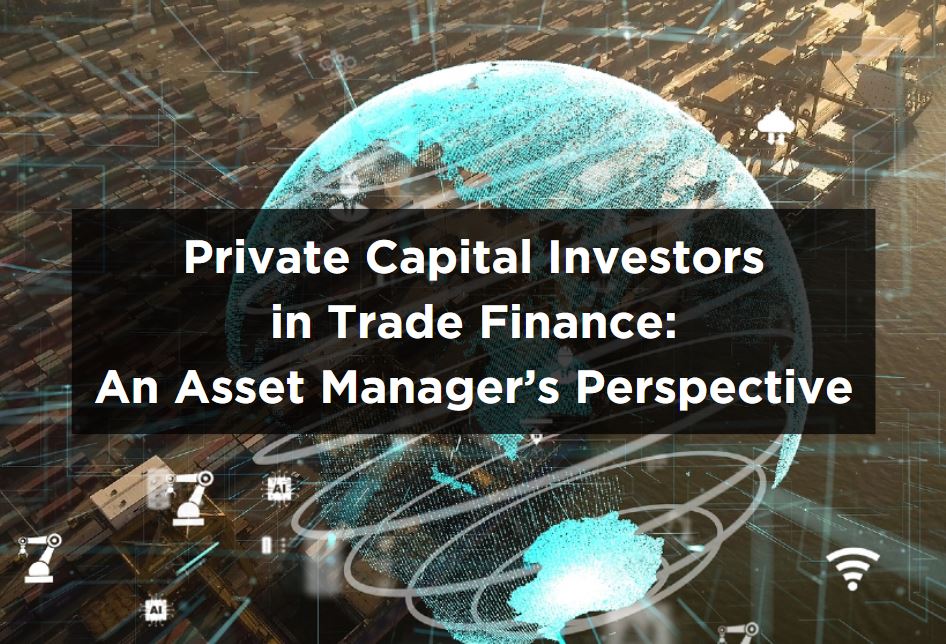Introduction
The financial sector is experiencing a profound metamorphosis, propelled by the swift progression of technology. This metamorphosis is most conspicuous in the realm of Trade Finance, where FinTech (Financial Technology) is overhauling conventional practices. This discourse delves into the future trajectory of FinTech in Trade Finance, spotlighting how technology is restructuring the industry.
The Role of FinTech in Trade Finance
Historically, trade finance has been dependent on manual, paper-intensive processes, rendering it laborious and susceptible to errors. This has precipitated numerous challenges, encompassing a lack of transparency, processing delays, and restricted accessibility. FinTech is assuming a crucial role in modernizing Trade Finance by ushering in groundbreaking solutions that streamline processes, mitigate risks, and augment efficiency.
The Impact of Technology
Blockchain technology is a pivotal catalyst of change in Trade Finance. By offering a secure, transparent, and immutable ledger for transactions, blockchain diminishes the risk of fraud and simplifies the verification process. This technology also facilitates the tokenization of trade finance assets, permitting them to be traded on secondary markets for enhanced and competitive liquidity.
Artificial Intelligence (AI) and Machine Learning (ML) are also assuming a pivotal role in trade finance. AI-powered systems can automate risk assessment processes, analyzing copious amounts of data to appraise the creditworthiness of businesses and detect potential fraud. ML algorithms incessantly learn from data patterns, enabling more precise risk predictions and improved decision-making.
Big Data and analytics are furnishing invaluable insights into trade finance. By leveraging voluminous datasets, financial institutions can enhance credit scoring models, enabling superior assessment of creditworthiness. Additionally, real-time data analysis permits faster and more informed decision-making, reducing processing times and augmenting efficiency.
RPA or Robotic Process Automation involves employing software bots to automate repetitive and rule-based tasks. In FinTech, RPA can streamline various back-office processes, like data entry, compliance checks, and reconciliation. By automating these processes, financial institutions can conserve time, diminish errors, and slash operational costs.
Quantum computing has the potential to revolutionize cryptography and data processing in FinTech. Its colossal processing power can significantly bolster encryption methods, rendering financial transactions even more secure. Furthermore, quantum computing can facilitate complex simulations and optimizations, leading to more sophisticated risk management and investment strategies. Although commercial quantum computers may still be a way off, Goldman Sachs, in 2021 announced quantum algorithms could price financial instruments in the next five years.
Regulatory Technology, or RegTech, involves employing technology to streamline compliance and regulatory processes. FinTech companies can utilize RegTech solutions to automate reporting, monitor transactions for compliance with regulations, and ensure adherence to the ever-changing financial regulations. Few examples of already existing RegTech companies are Suade, Silverfinch, PassFort, and Fund Recs.
Furthermore, FinTech reduces costs associated with trade finance. Transaction fees can be reduced by eliminating the need for intermediaries and minimizing manual intervention, making trade finance more affordable for businesses of all sizes. Through digital platforms and innovative financing models, businesses can secure funding more easily and quickly, enabling them to expand their operations and participate in international trade.
Case Study
Kratos by Triterras exemplifies how FinTech is revolutionizing Trade Finance. The platform affords MSMEs a broad spectrum of bank or non-bank funding options. The platform fortifies supply chain strategy with real-time tracking, digitized transactions, streamlined credit management, and superior business intelligence to facilitate complete traceability and transparency. Kratos’s technology revolutionizes how transactions are authenticated, invoices are generated, and payments are executed, through a next-generation blockchain-based digital trade finance platform, thereby enhancing efficiency and curtailing the risk of fraud.
Another example is TradeTeq, which offers a “Securitisation-as-a-Service” platform that transforms assets into securities. Their technology enables asset sellers and investors to easily connect, access, and distribute private debt and real assets.
Challenges
While the benefits of FinTech in trade finance are promising, challenges and risks need to be addressed. Regulatory and compliance issues must be navigated to ensure the legality and legitimacy of transactions. Collaboration between industry stakeholders and regulators is crucial to establish clear guidelines and standards that foster innovation while safeguarding against potential risks.
Another concern is cybersecurity threats. As trade finance becomes increasingly digitized, protecting sensitive financial information and preventing unauthorized access is paramount. Robust cybersecurity measures, including encryption and multi-factor authentication, must be implemented to mitigate these risks.
Resistance to adoption is another obstacle that must be overcome. Traditional financial institutions may be hesitant to embrace new technologies due to concerns about operational disruptions and unfamiliarity with emerging FinTech solutions. Education and awareness campaigns are essential to showcase the benefits and encourage broader adoption.
The Future
The future of Trade Finance lies in the continued integration of technology. As FinTech solutions become more sophisticated and widely adopted, we can expect to see further improvements in efficiency, transparency, and accessibility. This will not only benefit businesses engaged in international trade but also contribute to global economic growth.
In the words of legendary investor Jim Rogers, “My children will never go into a bank when they become adults. From here, all the banks along the streets will be replaced by computers and certainly cell phones.” This quote encapsulates the transformative power of FinTech in reshaping the future of Trade Finance. As we move forward, the role of technology in this sector will only become more significant, heralding a new era of innovation and growth.







